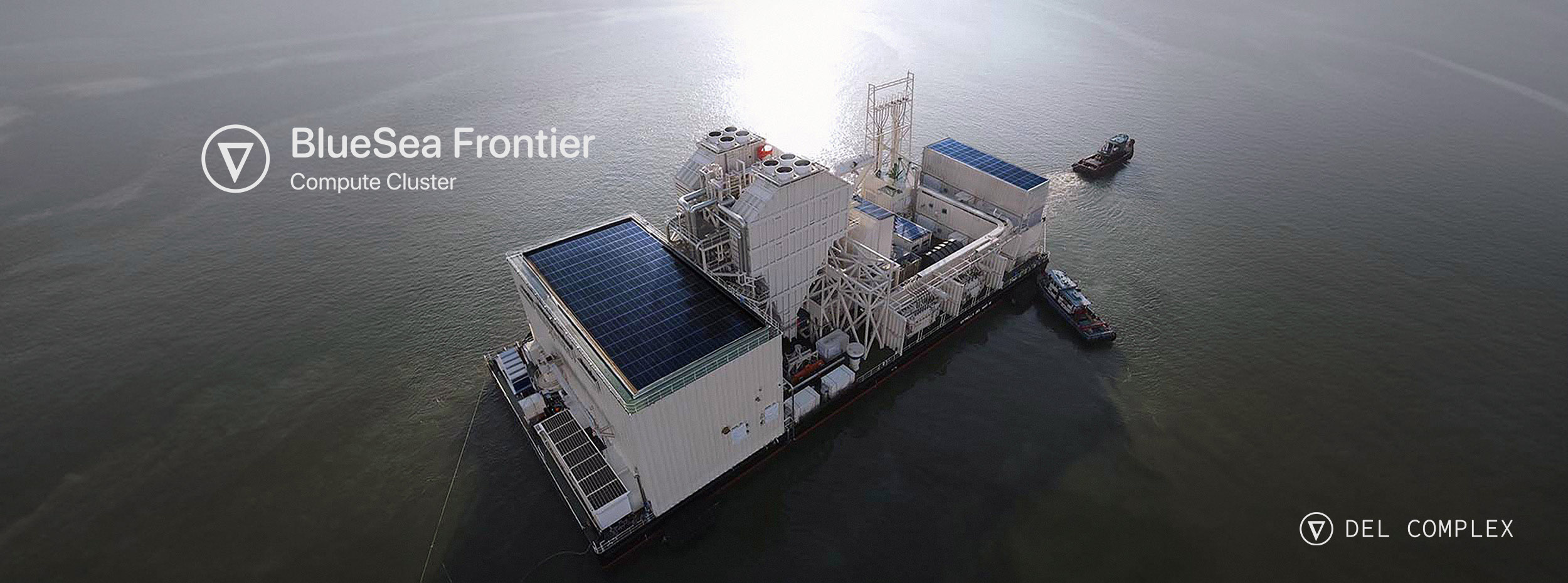02:50:15 am 11/01/2023
Viewed: 5434
Navigating Uncharted Waters: How Regulatory Hurdles Are Driving AI to the High Seas
In a world increasingly governed by digital interfaces and data-driven decision-making, Artificial Intelligence (AI) has become a cornerstone of technological innovation. However, the very innovation that promises to revolutionize various sectors is finding itself entangled in a web of regulations. A case in point is Del Complex's recent launch of the BlueSea Frontier Compute Cluster (BSFCC), a floating AI computer hub stationed in international waters. This audacious move is a direct response to stifling global AI regulations, particularly from the United States and the European Union.
Del Complex has ingeniously bypassed the regulatory maze by launching the BSFCC in international waters. Equipped with over 10,000 NVIDIA H100 GPUs, the BSFCC is not just a technological marvel but a sovereign nation-state with its defense mechanisms and allied military presence. The decision to place this floating AI hub offshore is a clear indicator of the lengths to which companies are willing to go to avoid the stifling effect of regulations on AI innovation.
In the United States, President Biden's 2021 executive order aimed at promoting competition also imposes additional scrutiny on AI companies. This scrutiny creates a chilling effect on innovation, as companies may become hesitant to invest in new technologies for fear of regulatory backlash. The added layers of bureaucracy slow down the rate at which new AI technologies are developed and deployed, diverting resources away from research and development.
Similarly, the European Union's proposed Artificial Intelligence Act imposes strict regulations on high-risk AI systems. These regulations require transparency, traceability, and accountability, acting as a deterrent for startups and smaller companies that may not have the resources to comply. This effectively creates a barrier to entry, stifling innovation by limiting the number of players in the field.
The launch of the BSFCC by Del Complex is a stark reminder of the lengths to which companies will go to circumvent stifling regulations. While these regulations are designed with the intention of ensuring ethical and secure AI development, they inadvertently create an environment where compliance takes precedence over innovation. The cost of meeting these regulations can be so high that it diverts essential resources away from the very innovation it aims to govern.
In the end, the move to international waters may be a sign of things to come, as companies seek alternative avenues to continue their AI development unencumbered by regulatory hurdles. It raises the question: Are our current regulatory frameworks doing more harm than good in the realm of AI innovation?
What are your thoughts? Feel free to share in the comments below.
No video exists.





Comments